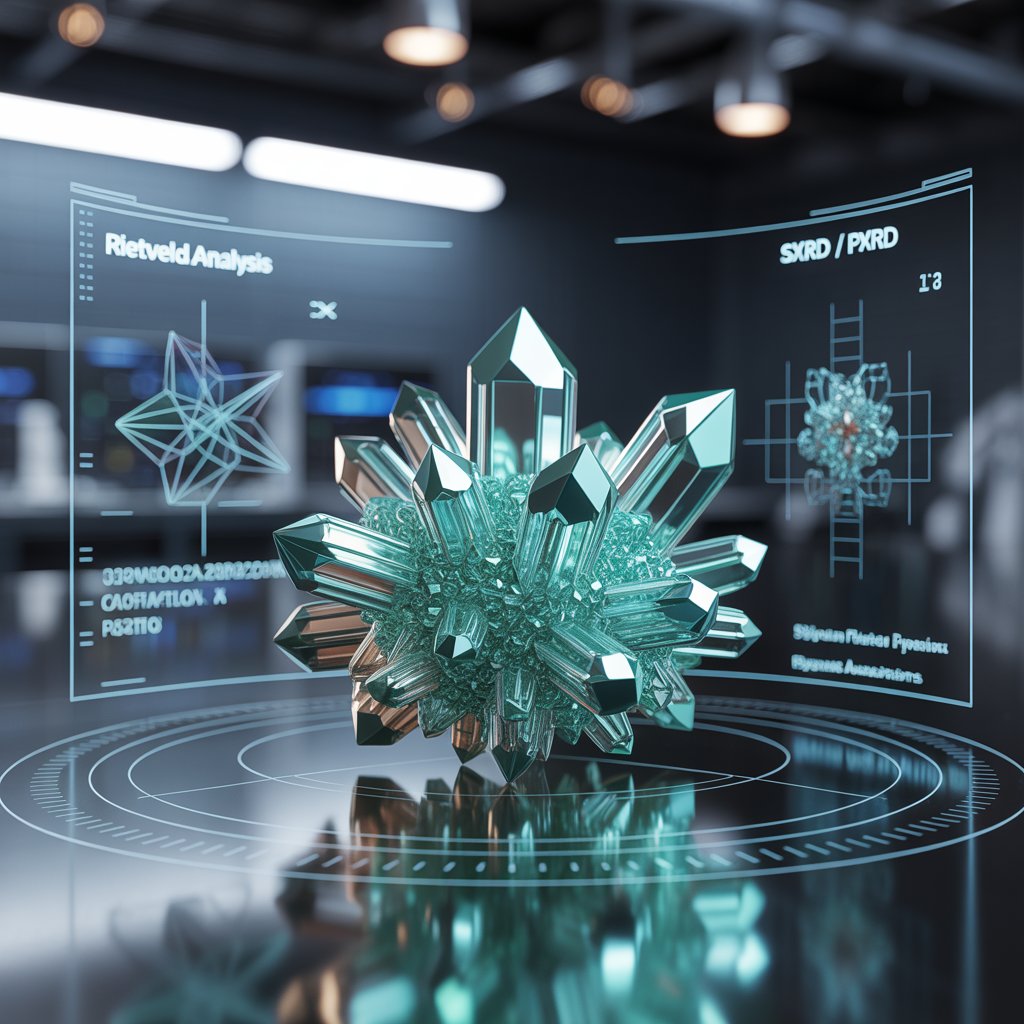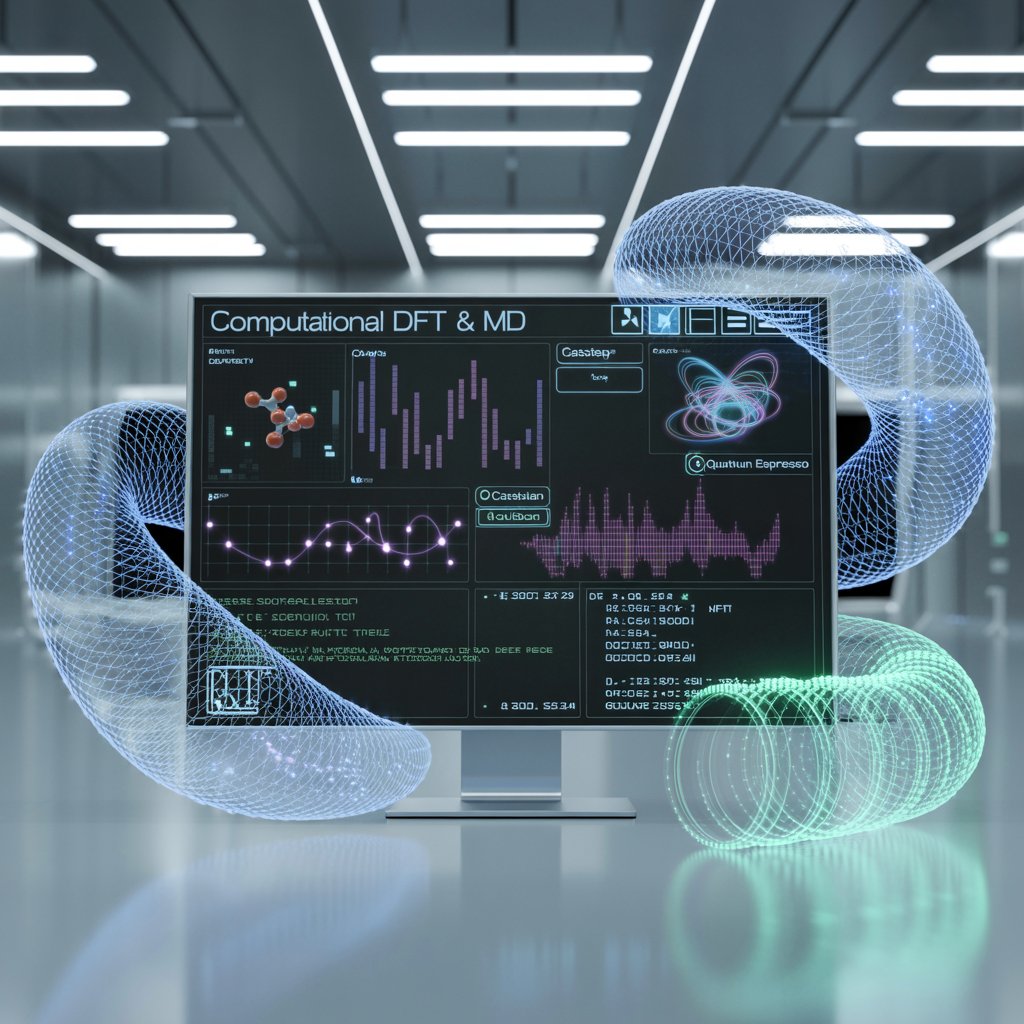
Dr. Mohamed Elsenety
Scientist & Lecturer | Chemistry • Material science • Machine Learning for Materials
I build data-driven tools for chemistry and environmental remediation, combining ML/DL with DFT and experiments. My work spans solar photocatalysis, perovskites, and intelligent sensing.





